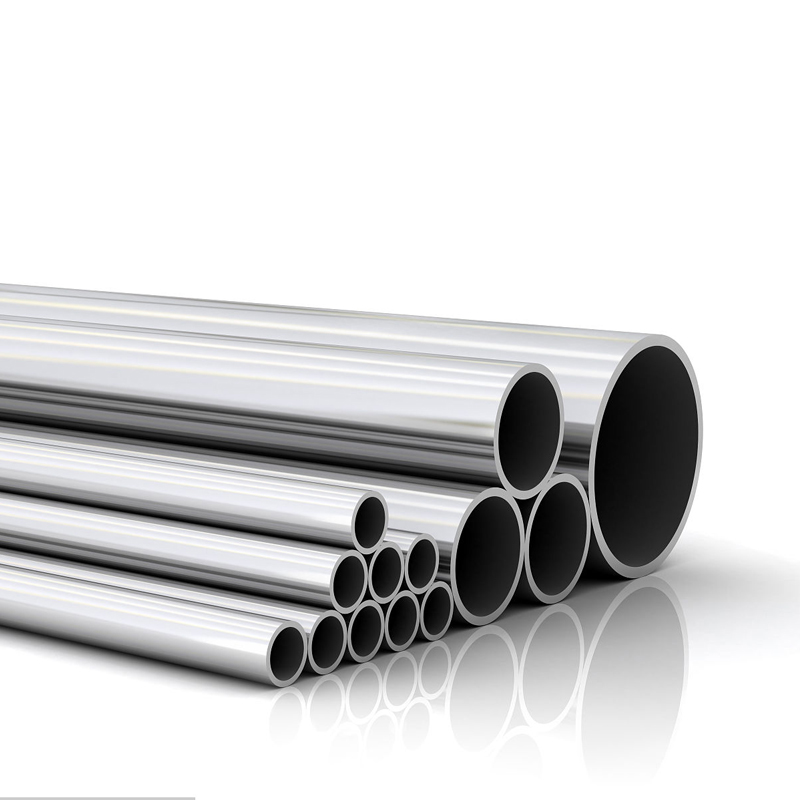
The Versatility of Rolled Steel Pipe
Rolled steel pipes are a fundamental component in various industries, playing a critical role in construction, manufacturing, and infrastructure development. Their robustness, durability, and adaptability make them an ideal choice for numerous applications. In this article, we will explore the characteristics, production methods, and applications of rolled steel pipes.
Rolled steel pipes are created through a process called hot or cold rolling. The raw material, usually in the form of steel slabs or billets, is heated and passed through rollers to achieve the desired shape and dimensions. Hot rolling involves heating the steel to above its recrystallization temperature, allowing it to be shaped more easily and resulting in pipes with a rough surface finish. On the other hand, cold rolling is performed at room temperature, leading to a smoother surface and tighter tolerances, which are often required in high-precision applications.
The tensile strength and flexibility of rolled steel pipes make them suitable for various uses. They can withstand high pressures and extreme temperatures, making them ideal for conveying fluids, gases, and other materials. Common applications include oil and gas pipelines, water supply systems, and structural components in buildings and bridges. Additionally, their corrosion resistance can be enhanced through galvanization or the application of protective coatings, further extending their lifespan and reliability.

Environmental regulations and sustainability concerns have led to an increasing interest in rolled steel pipes made from recycled materials
. The recycling process not only reduces waste but also lowers the energy consumption and carbon footprint associated with the production of new steel. Thus, choosing rolled steel pipes from reputable manufacturers committed to sustainable practices can contribute to environmentally friendly construction and infrastructure initiatives.Moreover, the versatility of rolled steel pipes allows for customization in terms of length, diameter, and wall thickness. This means they can be tailored to fit specific project requirements, ensuring optimal performance. Industries ranging from construction to automotive have greatly benefited from the ability to specify design parameters that meet their unique needs.
In the construction sector, rolled steel pipes are frequently used as structural columns and beams, providing essential support for buildings. In the manufacturing industry, they serve as crucial components in machinery and equipment. Moreover, their applications extend to transportation, where they are utilized in the production of vehicle frames and chassis.
In conclusion, rolled steel pipes are a vital element across multiple sectors due to their strength, versatility, and longevity. As industries continue to evolve, the demand for rolled steel pipes will likely grow, driven by innovations in material science and engineering. Ultimately, investing in high-quality rolled steel pipes not only ensures the success of various projects but also contributes to a more sustainable and resilient future.